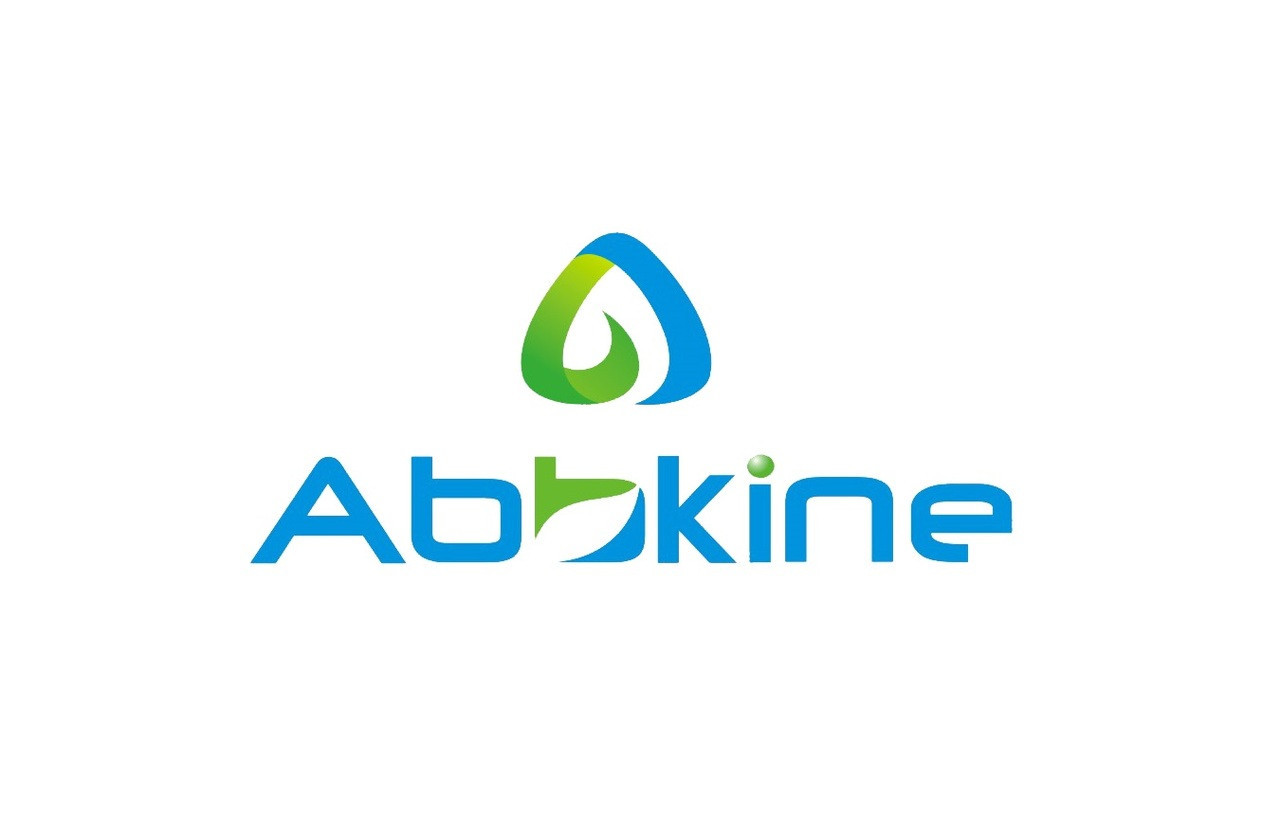Product Description
Mouse NAD-dependent deacetylase sirtuin-3, mitochondrial (SIRT3) ELISA Kit | KTE70436 | Abbkine
Application: This Mouse NAD-dependent deacetylase sirtuin-3, mitochondrial (SIRT3) ELISA Kit employs a two-site sandwich ELISA to quantitate SIRT3 in samples. An antibody specific for SIRT3 has been pre-coated onto a microplate. Standards and samples are pipetted into the wells and anySIRT3 present is bound by the immobilized antibody. After removing any unbound substances, a biotin-conjugated antibody specific for SIRT3 is added to the wells. After washing, Streptavidin conjugated Horseradish Peroxidase (HRP) is added to the wells. Following a wash to remove any unbound avidin-enzyme reagent, a substrate solution is added to the wells and color develops in proportion to the amount of SIRT3 bound in the initial step. The color development is stopped and the intensity of the color is measured.
Detection Method: Colorimetric
Conjugate: N/A
Sample Type: Cell culture supernatants#Serum#Plasma#Other biological fluids
Assay Type: Multiple steps standard sandwich ELISA assay with a working time of 3-5 hours. It depends on the experience of the operation person.
Kit Component: • Mouse NAD-dependent deacetylase sirtuin-3, mitochondrial microplate
• Mouse NAD-dependent deacetylase sirtuin-3, mitochondrial standard
• Mouse NAD-dependent deacetylase sirtuin-3, mitochondrial detect antibody
• Streptavidin-HRP
• Standard diluent
• Assay buffer
• HRP substrate
• Stop solution
• Wash buffer
• Plate covers
Features & Benefits: Mouse NAD-dependent deacetylase sirtuin-3, mitochondrial (SIRT3) ELISA Kit has high sensitivity and excellent specificity for detection of Mouse SIRT3. No significant cross-reactivity or interference between Mouse SIRT3 and analogues was observed.
Calibration Range: Please inquire
Limit Of Detection: Please inquire
Usage Note: • Do not mix components from different kit lots or use reagents beyond the kit expiration date.
• Allow all reagents to warm to room temperature for at least 30 minutes before opening.
• Pre-rinse the pipet tip with reagent, use fresh pipet tips for each sample, standard and reagent to avoid contamination.
• Unused wells must be kept desiccated at 4 °C in the sealed bag provided.
• Mix Thoroughly is very important for the result. It is recommended using low frequency oscillator or slight hand shaking every 10 minutes.
• It is recommended that all samples and standards be assayed in duplicate or triplicate.
Storage Instruction: The unopened kit should be stored at 2 - 8°C. After opening, please store refer to protocols.
Shipping: Gel pack with blue ice.
Precaution The product listed herein is for research use only and is not intended for use in human or clinical diagnosis. Suggested applications of our products are not recommendations to use our products in violation of any patent or as a license. We cannot be responsible for patent infringements or other violations that may occur with the use of this product.
Background: SIRT3 is a soluble protein located in the mitochondrial matrix, and contains a mitochondrial processing peptide at the N-terminus. A set of crystal structures of human SIRT3 have been solved, including an apo-structure with no substrate, a structure with a peptide containing acetyl lysine of its natural substrate acetyl-CoA synthetase 2, a reaction intermediate structure trapped by a thioacetyl peptide and a structure with the dethioacetylated peptide bound. These structures show the conformational changes induced by the two substrates required for the reaction, the acetylated substrate peptide and NAD+. In addition, a binding study by isothermal titration calorimetry suggests that the acetylated peptide is the first substrate to bind to SIRT3, prior to NAD+.
Alternative Names: SIRT3; SIR2L3; mitochondrial nicotinamide adenine dinucleotide-dependent deacetylase; silent mating type information regulation 2; S.cerevisiae; homolog 3; sir2-like 3; sirtuin 3; sirtuin type 3
Search name: SIRT3; SIR2L3; mitochondrial nicotinamide adenine dinucleotide-dependent deacetylase; silent mating type information regulation 2; S.cerevisiae; homolog 3; sir2-like 3; sirtuin 3; sirtuin type 3
Tag: SIRT3
 Euro
Euro
 USD
USD
 British Pound
British Pound
 NULL
NULL








